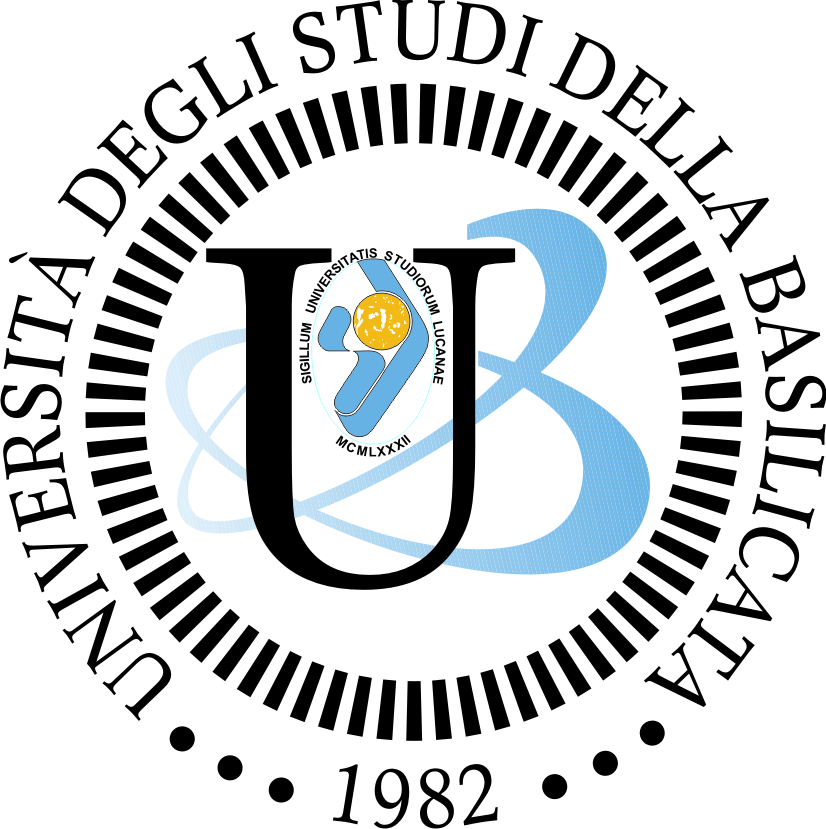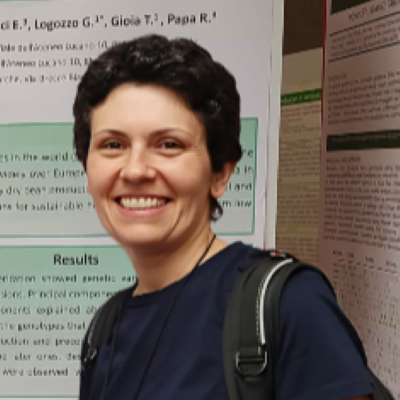The University of Basilicata (UNIBAS) is an Italian public research university located in Potenza and Matera. It was founded in 1981 and started its academic activities in 1982. It is a small but dynamic academic reality with its scientific and arts vocation. UNIBAS comprises more than 7.300 students, 311 Professors and Researcher and 275 Technical and administrative staff. The didactic and research activities at UNIBAS is carried out by six leading structures, four Departments and two Schools, where all the degree programmes are merged. Among the two Schools, the Schools of Agricultural, Forestry and Environmental Sciences (SAFE), is the one involved in this project. The School has a wide experience in plant breeding, agronomy and crop protection, having the necessary infrastructure for plant research as well as wide cooperation with national and international stake holders. SAFE is part of the Italian Plant Phenotyping Network – PHEN-ITALY Platform. The Plant Genetics Research group has a solid experience in the study, collection, conservation and utilisation of agricultural genetic resources with particular attention to the evolution and adaptation of the cultivated species and to the study of the genetic structure of populations through the application and integration of genomic and transcriptomic technologies.
Role in the Legume Generation project
In Legume Generation the University of Basilicata will be in charge of the scientific coordination of work package 5: The Bean Innovation Community – BIC. BIC will play a relevant role in exploiting Phaseolus genetic resources and providing novel tools and strategies for a practical improvement that involves breeders also as the final users, farmers and scientists in order to produce new cultivars with new combinations of traits relevant for cultivation in European agroecosystems. Furthermore, the University of Basilicata will be involved in and support multi-locational field trials, morphological phenotyping and data integration. Due to his expertise in lentil, UNIBAS, will also participate in work package 4 (The Lentil Innovation Community) with multi-locational field trials, developing tools for breeders to enhance use of lentil in Europe, and identifying pre-breeding resources to support future breeding for sustainable agriculture in a time of climate change.




